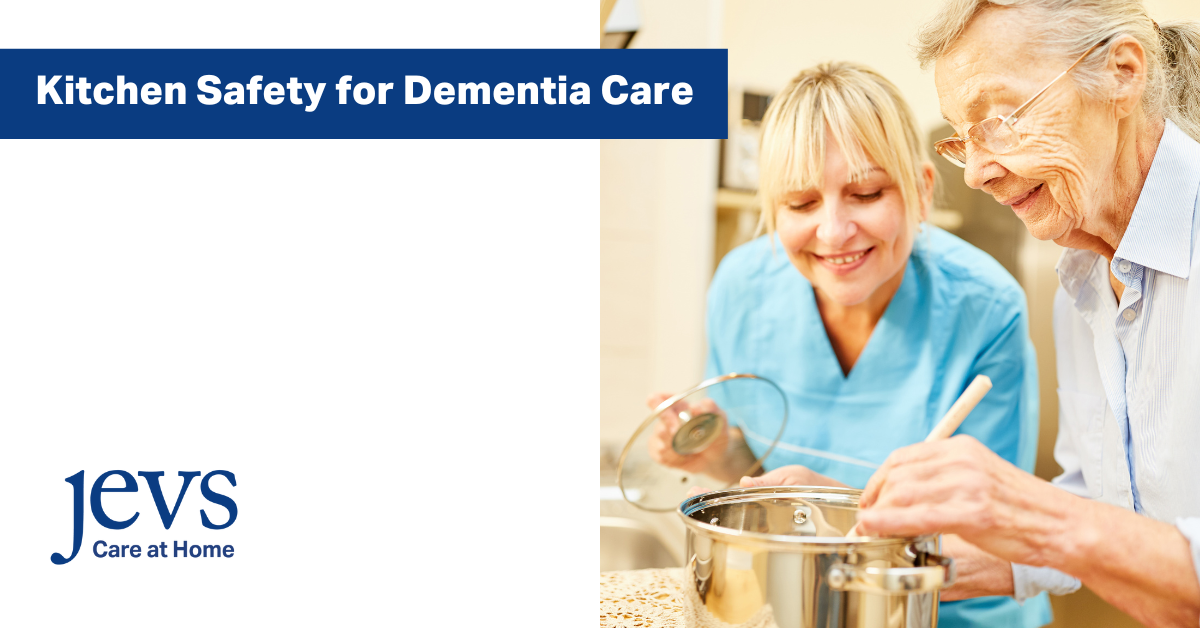By Thomas H.
Caring for a loved one with dementia at home requires awareness and patience. One area that needs special attention is the kitchen, where potential hazards can pose risks to their safety. By implementing simple precautions and strategies, caregivers can create a safer environment while maintaining their loved one’s independence. Here are some essential kitchen safety tips for caregivers of individuals with dementia.
Clear Clutter and Maintain Order
Keep countertops and surfaces clear of unnecessary items to minimize distractions and confusion. Clutter can overwhelm individuals with dementia and increase the risk of accidents. Organize cabinets and drawers neatly, placing commonly used items within easy reach. This simple step can enhance kitchen safety and promote a sense of familiarity.
Label and Color-Code
Labeling drawers, cabinets, and containers can help individuals with dementia identify items more easily. Use large, clear labels with bold lettering. Additionally, consider implementing a color-coding system for different types of items (e.g., red for cooking utensils, blue for cleaning supplies). Consistency in labeling and color-coding can reduce confusion and promote independence in the kitchen.
Install Safety Devices
Equip the kitchen with safety devices to prevent accidents and injuries. Install stove knob covers to make sure burners aren’t turned on accidentally. Automatic shut-off devices for stoves and ovens will minimize the risk of fire. Place non-slip mats near sinks and work areas to prevent slips and falls. These simple additions can provide an extra layer of protection for individuals with dementia.
Supervise and Simplify Tasks
Supervision is crucial when individuals with dementia are in the kitchen. Encourage them to engage in simple tasks, such as setting the table or stirring ingredients., Be sure to also provide guidance and assistance as needed. Break down tasks into manageable steps and avoid overwhelming them with complex instructions. By supervising and simplifying tasks, you can promote a sense of accomplishment while ensuring their safety.
Create a Safe Cooking Environment
When cooking with individuals with dementia, prioritize safety at every step. Use appliance timers to remind them when food is ready or when it’s time to turn off the stove. Choose simple recipes with fewer preparation steps to reduce the risk of confusion. Avoid leaving cooking unattended and always supervise the use of kitchen appliances. By creating a safe cooking environment, you can minimize potential risks and enhance their kitchen experience.
Adding these kitchen safety tips to your caregiving routine can help protect individuals with dementia from accidents and promote their independence in the kitchen. Remember to maintain a supportive and patient attitude while assisting them with daily tasks. By prioritizing safety and implementing practical strategies, you can create a nurturing environment where your loved one can thrive.
Posted in Blog JEVS Care at Home JEVS Program